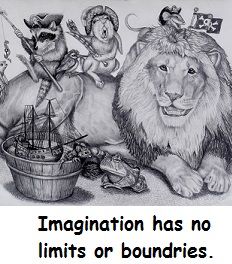http://www.panda.org/about_our_earth/aboutcc/problems/impacts/glaciers/
The watersheds of the world are shrinking
Glaciers are ancient rivers of compressed snow that creep through the landscape, shaping the planet's surface. They are the Earth's largest freshwater reservoir, collectively covering an area the size of South America.
Glaciers have been retreating worldwide since the end of the Little Ice Age (around 1850), but in recent decades glaciers have begun melting at rates that cannot be explained by historical trends. Projected climate change over the next century will further increase the rate at which glaciers melt. Average global temperatures are expected to rise between 1.4 and 5.8°C by the end of the 21st century.
Simulations project that a 4°C rise in temperature would cause nearly all of the world's glaciers to melt.
For example, the meltdown of the Greenland ice sheet could be triggered at a temperature increase of 2-3°C. Even in the least damaging scenario, say a 1°C rise along with an increase in rain and snow, glaciers will continue to lose volume over the coming century.
The importance of glaciers for human populations and ecosystems
Although only a small fraction of the planet's permanent ice is stored outside of Greenland and Antarctica, these glaciers are extremely important because they are particularly susceptible to climate change and their loss directly affects human populations and ecosystems.
Continued and widespread melting of glaciers during this century will lead to floods and water shortages for millions of people. As sea levels rise, coastal communities and habitats will be destroyed.








